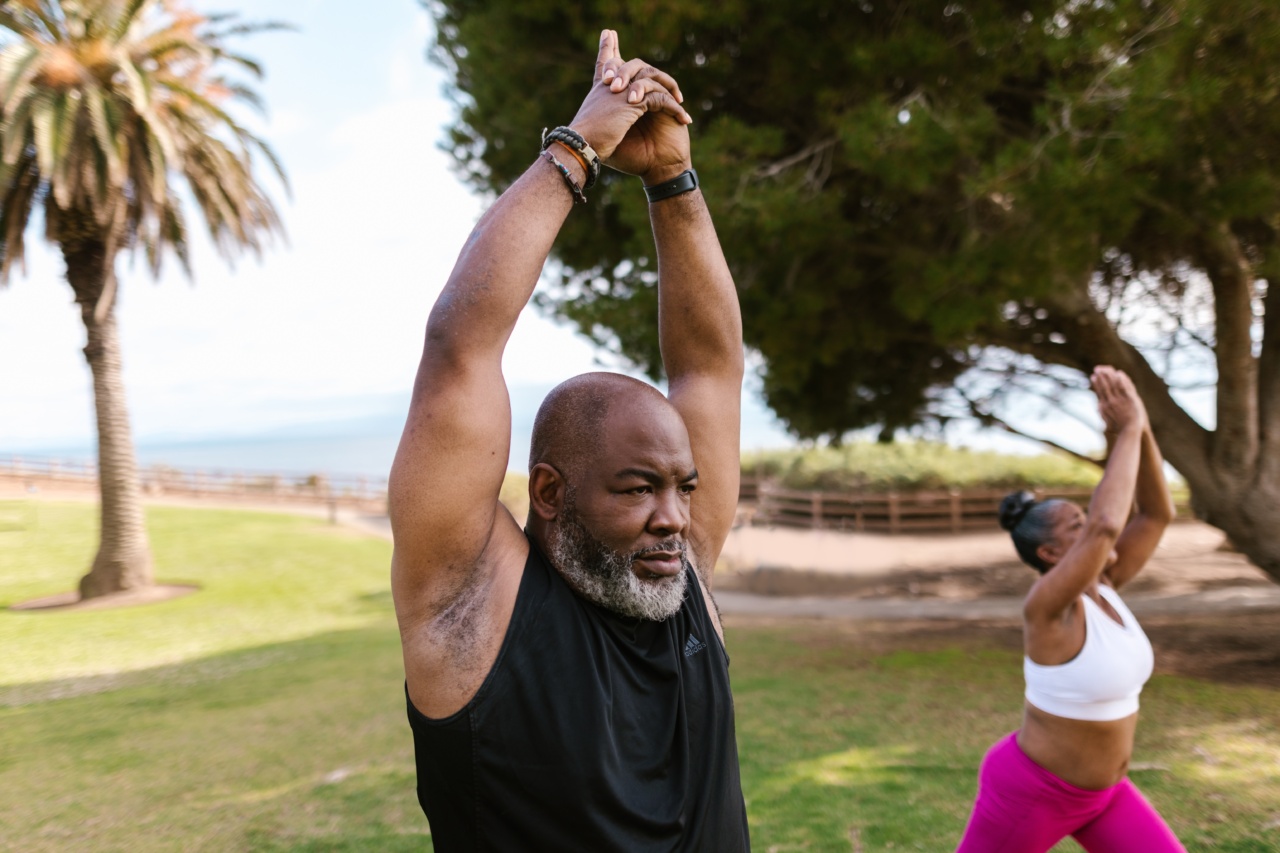As individuals age, it becomes increasingly important for seniors to stay active in order to maintain their overall health and well-being.
Engaging in regular physical activity has numerous benefits for older adults, including improved cardiovascular health, stronger muscles and bones, enhanced mental well-being, and better overall quality of life. In addition, staying active can also help seniors prevent and manage a wide range of chronic conditions, such as heart disease, diabetes, and arthritis.
By adopting a regular exercise routine, seniors can significantly increase their chances of living a longer and healthier life.
Improved Cardiovascular Health
One of the key benefits of staying active for seniors is the improvement of cardiovascular health.
Regular physical activity, such as walking, swimming, or cycling, can help improve heart function and reduce the risk of developing cardiovascular diseases, including high blood pressure and heart disease. Exercise helps to strengthen the heart muscle, improve blood circulation, and lower cholesterol levels, effectively reducing the risk of heart-related conditions.
Stronger Muscles and Bones
Engaging in strength training exercises is particularly important for seniors, as it helps in building and maintaining muscle mass and strength.
As people age, they naturally tend to lose muscle mass, which can lead to weakness, increased frailty, and a higher risk of falls and fractures. Regular resistance exercises, using weights or resistance bands, can help seniors build muscle strength and improve balance, reducing the risk of falls and maintaining overall mobility.
In addition to muscles, regular physical activity also helps in maintaining strong bones.
Weight-bearing exercises like walking, jogging, or dancing, as well as activities that involve some level of impact, promote bone density and reduce the risk of osteoporosis. By engaging in these activities, seniors can significantly enhance their bone health and reduce the occurrence of fractures or bone-related problems.
Enhanced Mental Well-being
Staying active has a positive impact on mental well-being and cognitive function in seniors.
Regular physical exercise helps release endorphins, also known as “feel-good” hormones, which can help improve mood, reduce stress, and alleviate symptoms of anxiety and depression. Exercise has also been found to enhance cognitive function and brain health, reducing the risk of age-related cognitive decline and improving memory and thinking skills.
In addition to the physical benefits, participating in group exercise classes or engaging in outdoor activities can also provide opportunities for social interaction and combat feelings of loneliness or isolation that are common among seniors.
Regular physical activity can help seniors connect with others, establish new friendships, and maintain a sense of community, contributing to overall mental and emotional well-being.
Better Quality of Life
By staying active, seniors can significantly improve their overall quality of life. Regular exercise helps seniors maintain their independence and ability to perform daily tasks, such as dressing, cooking, or cleaning.
By improving strength, flexibility, and balance, seniors can continue to live a fulfilling and independent life, without relying on assistance for basic activities.
Furthermore, regular physical activity can also improve sleep quality, boost energy levels, and increase overall vitality.
This, in turn, can lead to a more active and engaged lifestyle, allowing seniors to participate in hobbies, travel, and enjoy recreational activities they love. Staying active ensures that seniors can continue to do the things they enjoy for as long as possible, promoting a higher quality of life in their golden years.
Prevention and Management of Chronic Conditions
Staying active is crucial for seniors to prevent and manage a wide range of chronic conditions that become more prevalent with age.
Regular exercise has been found to reduce the risk of developing chronic diseases such as heart disease, type 2 diabetes, and certain types of cancer. By engaging in physical activity, seniors can lower their risk factors for these conditions and enhance their overall health.
In addition to prevention, physical activity also plays a crucial role in the management of existing chronic conditions.
Exercise has been shown to improve blood sugar control in individuals with diabetes, manage blood pressure in hypertensive individuals, and reduce joint pain and stiffness in individuals with arthritis. By incorporating regular exercise into their daily routine, seniors can effectively manage and reduce the symptoms of various chronic conditions, leading to improved overall health and well-being.
Tips for Seniors to Stay Active
Staying active doesn’t have to be complicated or time-consuming for seniors. Here are some tips to help seniors incorporate physical activity into their daily lives:.
- Start slowly: Seniors should begin slowly and gradually increase the intensity and duration of their workouts.
- Choose activities they enjoy: Seniors are more likely to stick to an exercise routine if they enjoy the activities they engage in.
- Stay consistent: Consistency is key. Seniors should aim for at least 150 minutes of moderate-intensity aerobic activity per week, along with muscle-strengthening activities on at least two days.
- Take breaks when needed: It’s important for seniors to listen to their bodies and take breaks when needed. Pushing too hard can lead to injuries.
- Stay hydrated: Seniors should drink plenty of water before, during, and after physical activity to stay hydrated.
- Warm up and cool down: Spending a few minutes warming up and cooling down before and after exercise can help prevent injuries and muscle soreness.
- Get social: Seniors can join exercise classes or groups to stay motivated and enjoy the benefits of social interaction.
- Consult with a healthcare professional: Before starting any new exercise routine, seniors should consult with their healthcare provider to ensure it is safe and appropriate for their specific needs and medical conditions.
Conclusion
Incorporating regular physical activity into their daily routine is of utmost importance for seniors.
Staying active offers a multitude of benefits, including improved cardiovascular health, stronger muscles and bones, enhanced mental well-being, and a better overall quality of life. By preventing and managing chronic conditions, seniors can significantly increase their chances of living a longer and healthier life.































